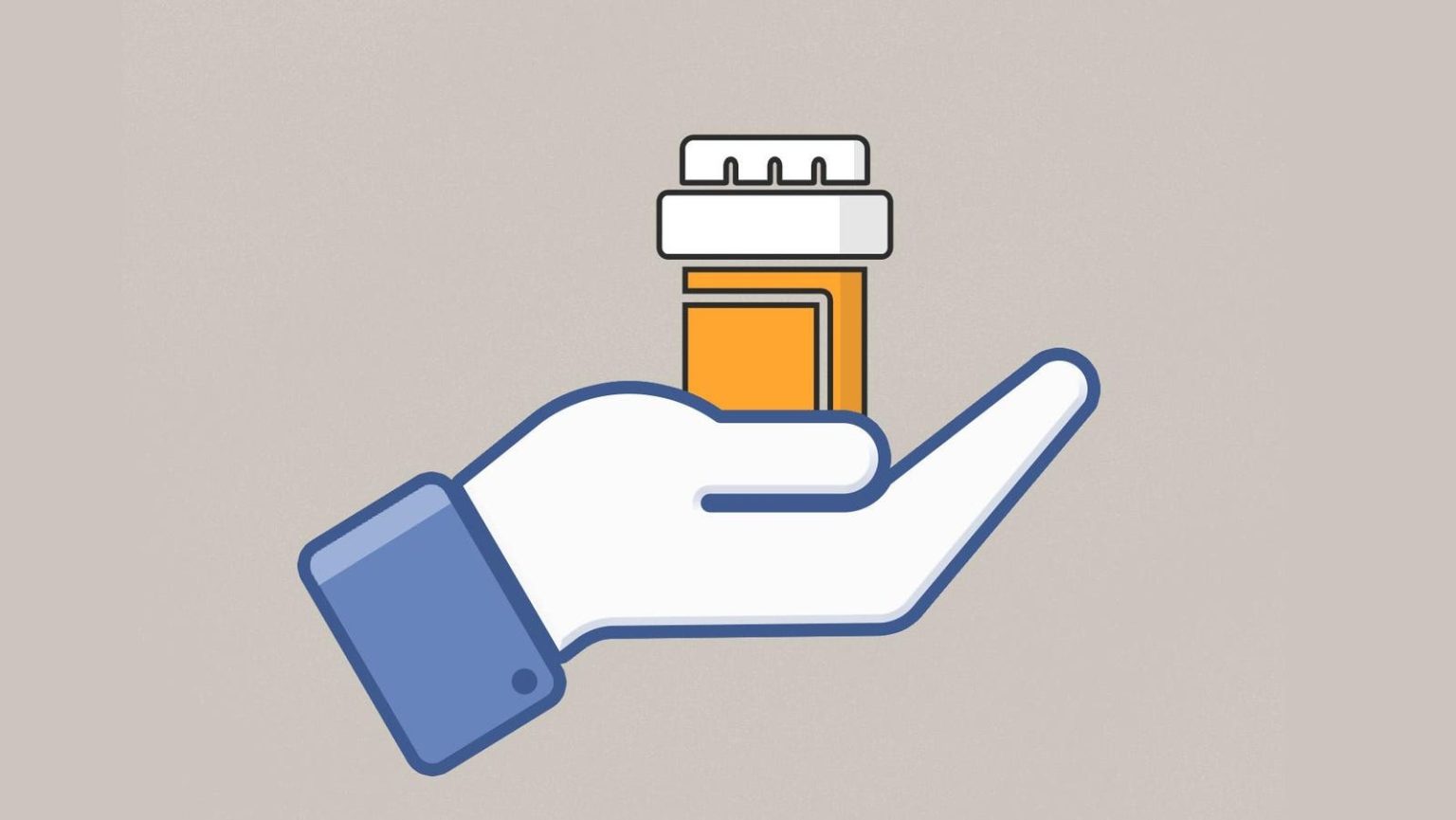In a world where abortion restrictions are strict, many women turn to social media groups for help in obtaining abortion pills and remedies. These groups, which exist in countries where abortion is illegal or restricted, have nearly 1.8 million members combined. Facebook groups in countries like Brazil, Kenya, the Philippines, and even the United States offer connections to abortion remedies. Some groups claim to provide abortion pills in the US, but there are concerns about scams and fraudulent activities within these groups.
Abortion bans do not deter people from seeking abortions, but they do make it harder for them to do so safely. Katy Mayall from the Center for Reproductive Rights recommends reliable websites for self-managing abortions, but Facebook groups can be a double-edged sword. While they may help some women access abortion care, they also expose them to scams and fraudsters. Additionally, Facebook’s cooperation with law enforcement, as seen in a recent case where messages between a mother and daughter were used as evidence in a prosecution, raises privacy concerns for users of these groups.
To avoid detection and protect their identities, many group members selling abortion drugs and remedies on Facebook take steps to remain anonymous. They often direct potential buyers to contact them on WhatsApp instead of conducting transactions on Facebook itself. The prices quoted for these drugs and remedies vary, with some providers offering combinations of mifepristone and misoprostol for around 70 to 90 euros.
While Meta, Facebook’s parent company, allows discussions on self-managing abortions, it enforces rules against buying, selling, or trading prescription drugs. Despite efforts to remove groups and pages facilitating the sale of abortion drugs, some groups continue to use euphemisms like “candy” and “caramelo” to evade detection. Women in these groups often share advice on home remedies for ending pregnancies, some of which can lead to health problems.
In addition to individual scammers, Forbes found evidence of coordinated efforts to deceive women seeking abortion care. A network of pages in various countries offers “abortion kits” using the same profile pictures, descriptions, and phone numbers. Some groups target women with later-term pregnancies or teen girls seeking abortions without parental consent. While abortion is legal in some countries, the proliferation of groups for buying and selling abortion remedies raises concerns about the safety and authenticity of these products.













